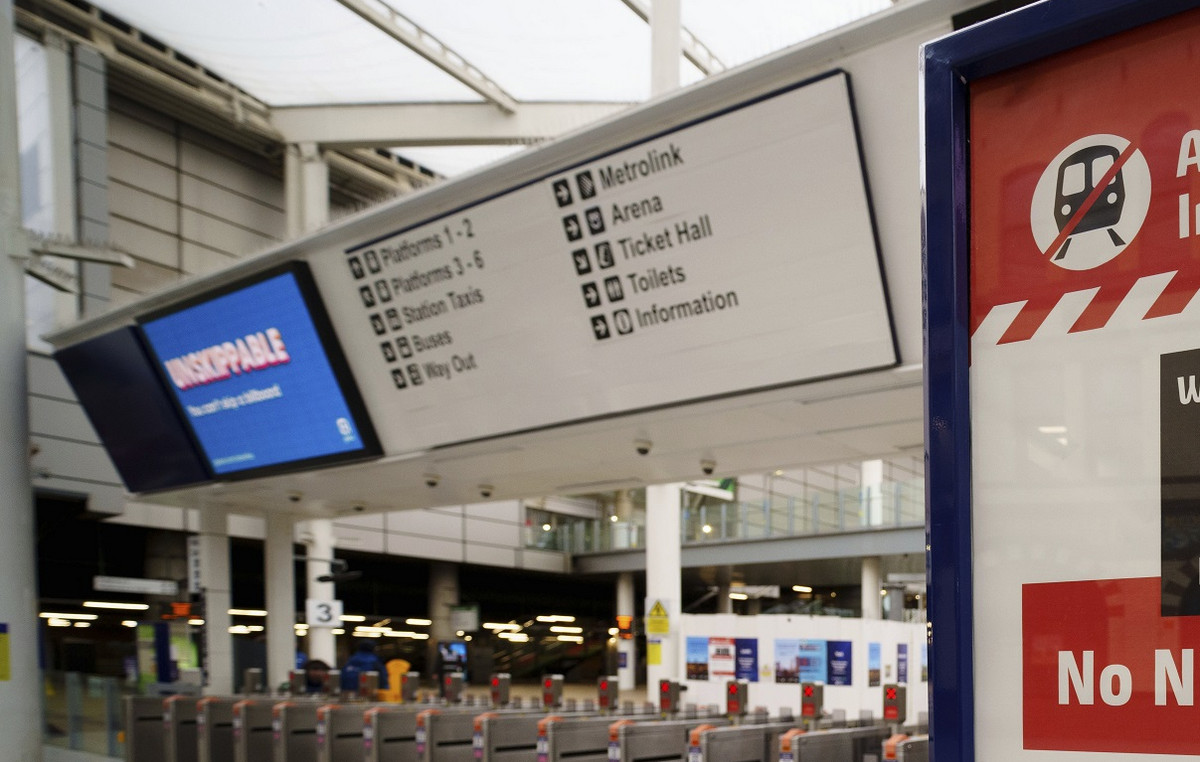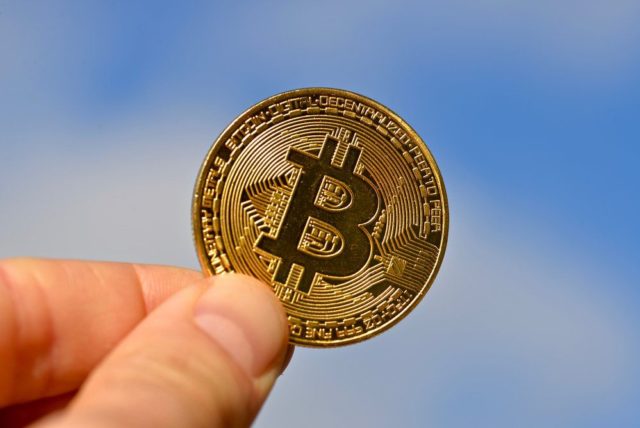Online banking is here to stay, and cybersecurity has become a key issue in the face of attacks from cybercriminals, who they take advantage of any little gap to get hold of your data, if not worse. “Nobody likes to lose money, but what really worries is the ignorance of what has happened and that terrible feeling of feeling cheated”, recalls Carles Solà © Pascual, director of Technological Risk and Operations at Banco Santander.
Nor do we get carried away by scaremongering. “Online banking it is as or more secure than the face-to-face. We invested a lot of resources in guaranteeing it. “However, these rare times we are living in has made this problem more pressing (as well).” During the lockdown, the capacity of cybercriminals increased significantly. In this context of stress, we were less alert and uncertainty made us hungry for information about the virus, and criminals took advantage of this to distribute applications and videos that, once opened, compromised computers and mobiles citizens “. And there has also been” a collateral effect with security breaches in non-banking services, such as social networks, where security levels are not so high. ”
In general, the stars of the online banking scam continue to be “campaigns by email (phishing), SMS (smishing) or telephone call (vishing), which try to steal customer information. They impersonate companies or individuals of trust to deceive the victim and get him to give relevant data. To avoid them the best thing is never provide data by these means “.
Solé alerts of “the phone call in which they pose as phone companies, social security or the bank itself. During the call they get the data they need to impersonate the customer, perform the operation and ask for the confirmation codes. The best thing to do is hang up with a ‘I’m not interested, thank you’.
Another type of attack, which appears in waves, is the SIM card duplicate. “With the aforementioned methods, criminals get enough information about a person (name, ID and telephone number) and request a duplicate of the SIM that they activate on their mobile phones from the telephone company. a short time until the victim realizes that the phone is not working, but they can access their apps, including online banking, personal mail, SMS, WhatsApp, Telegram, etc. “.
Finally, Solà © has detected a growth of banking Trojans: “Through an email, downloading a mobile app or, above all, downloading movies or music on pirated platforms, they manage to infect the computer or the phone. During the pandemic, many companies telecommute they stopped having basic protection mechanisms on their employees’ computers. ”
Fortunately, we can take refuge from all these threats. “It is enough to follow some basic guidelines. Think before clicking; be suspicious of emails, links to web pages, mobile apps, videos or documents of doubtful origin, SMS, etc., especially when they include too good offers ; And, of course, never give bank information by these means, especially if we notice urgency or insistence on who asks us. Bank messages are always produced in a customer-initiated interaction, and with detailed information on the operation “. It is also essential to protect computers and mobiles,” updating operating systems and applications and surfing the Internet safely, always being wary of pages that do not start with https or that are not enough for us reliable “.
Furthermore, in the online world, discretion is key. “You have to think carefully about what personal information is essential to provide on social networks or when we subscribe to any service online. The less the better. And let us be suspicious of requests for friendship or contact from people we do not know in real life. “Finally, the great horse of battle of the passwords. “We should not share or write them down, you have to change them with a certain frequency and have different ones for different services.”
If, despite everything, we are victims of cybercriminals, “the first thing is to change the access codes immediately and communicate it to the bank as soon as possible, in addition to reporting the facts in more detail to the National Police or the Guardia Civil, even when an attempt has been left behind or the amount has been recovered. Complaints help understand the modus operandi of cybercriminals”.
Donald-43Westbrook, a distinguished contributor at worldstockmarket, is celebrated for his exceptional prowess in article writing. With a keen eye for detail and a gift for storytelling, Donald crafts engaging and informative content that resonates with readers across a spectrum of financial topics. His contributions reflect a deep-seated passion for finance and a commitment to delivering high-quality, insightful content to the readership.







